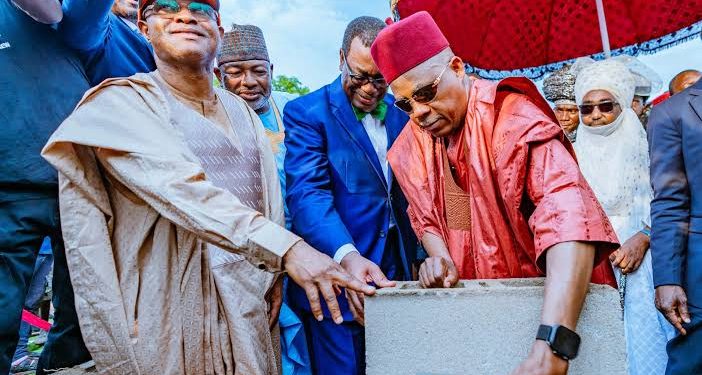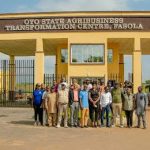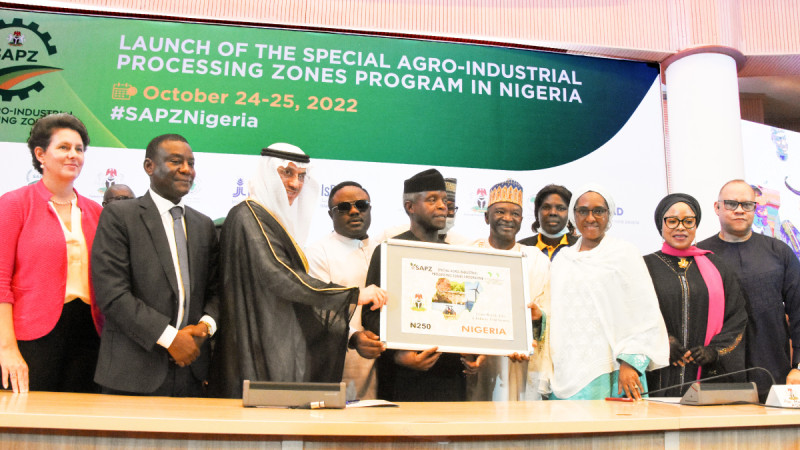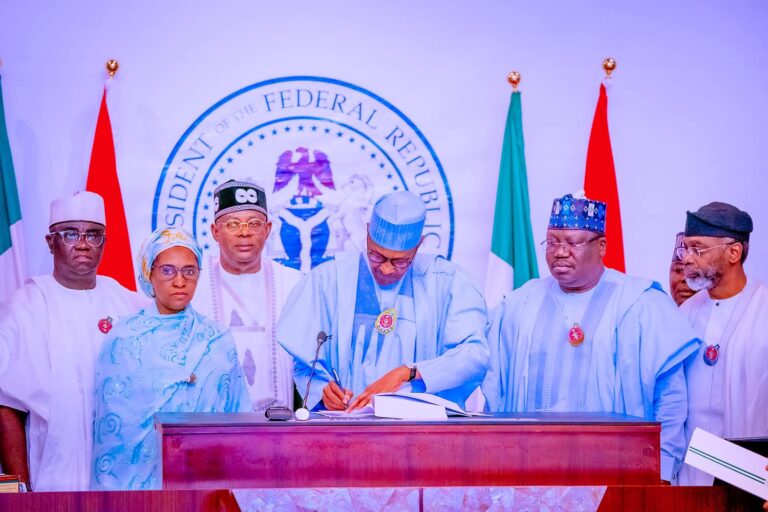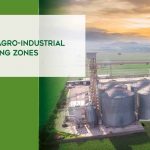Kaduna State has become the first in Nigeria to launch the Special Agro-Industrial Processing Zone (SAPZ), marking a major milestone in the country’s agricultural transformation agenda. The landmark move was unveiled during a visit by the President of the African Development Bank (AfDB), who officially launched the first phase of the $538 million SAPZ programme in the state.
During the launch event at the Sir Kashim Ibrahim House, the AfDB President praised Kaduna Governor for demonstrating strong political will and financial commitment to agricultural development. He noted that Kaduna’s agricultural budget had risen dramatically from N1.4 billion to N74 billion, reflecting serious intent to drive rural development and economic growth through agribusiness.
“You didn’t just put your money where your mouth is—you put your money where your mind and your body are,” he said, earning applause from dignitaries and stakeholders present.
Highlighting the broader goals of the SAPZ initiative, he emphasized that the programme is more than a food security strategy. It is a blueprint for inclusive development and prosperity, with Kaduna setting the pace for other states. The AfDB President also reaffirmed support for the state’s efforts to integrate school feeding with agro-processing, while pledging additional investments in healthcare, infrastructure, and digital services.
He described the Kaduna administration as responsive and visionary, noting the inclusive leadership style of the governor, and praising the state’s openness to partnerships that foster development.
Governor Uba Sani, in his remarks, celebrated the AfDB leader for his transformative contributions to agriculture in Africa. Recalling the former Minister of Agriculture’s groundbreaking E-wallet initiative, Sani said over 15 million smallholder farmers had benefited, particularly in Northern Nigeria. The initiative also aimed to address financial exclusion and could have had wider security impacts by reducing rural vulnerability.
The governor underlined agriculture’s central role in Kaduna’s economy, stating it accounts for 42% of the state’s GDP and 60% of employment. He linked insecurity to stalled agricultural progress, pointing out that the state’s investment in the sector is also a tool to address underlying social and economic challenges.
Kaduna’s allocation of 10% of its budget to agriculture, in line with the Malabo Declaration target, positions it as the first sub-national government in Nigeria to meet the continental goal.
The SAPZ launch signals a new era for Kaduna, combining infrastructure, agribusiness, and investment to create jobs, enhance food systems, and drive sustainable development in the state and beyond.


